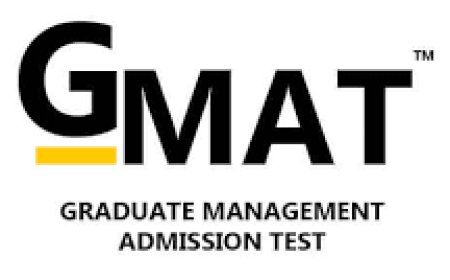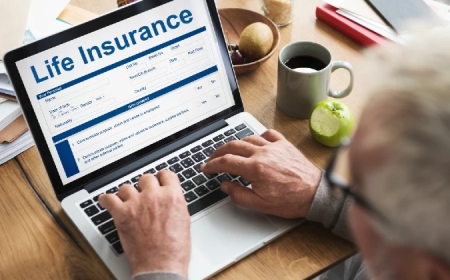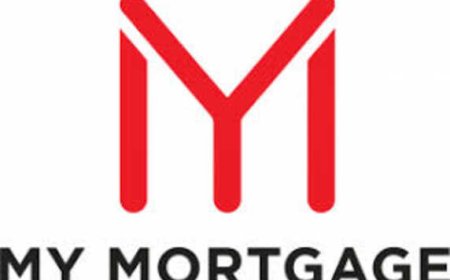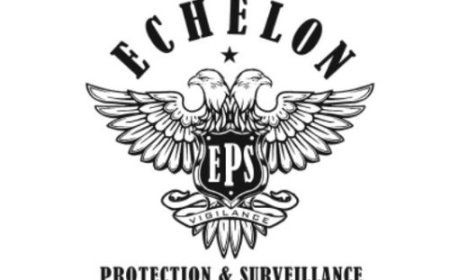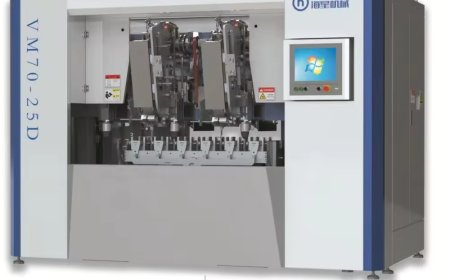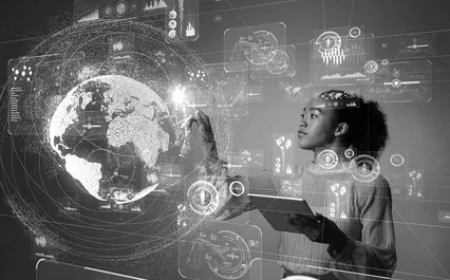How Virtual Desktops Improve Data Security for Businesses

In todays digital world, keeping data safe is more important than ever. With more hackers, data leaks, and people working from home, businesses need smart solutions that protect important informationwithout slowing down work or making it harder for employees to access what they need.
One powerful solution that is gaining attention is the virtual desktop. By enabling secure access to work environments from anywhere, virtual desktops provide both flexibility and robust security. When combined with Virtual Desktop Hosting and Desktop as a Service (DaaS) models, they offer an enterprise-grade security experience that benefits businesses of all sizes.
This blog explores how virtual desktops enhance data security, how hosting and DaaS further strengthen protection.
What is a Virtual Desktop?
A virtual desktop is a digital replica of a physical desktop that is hosted on a centralized server. Instead of storing data and applications on a local machine, everything is managed on a secure server, and users access their desktops via the internet using any compatible device.
This virtual environment can be managed through technologies like Virtual Desktop Infrastructure (VDI) or Desktop as a Service (DaaS). Both approaches offer similar benefits, with DaaS being a fully managed cloud-based offering typically provided by a third-party vendor.
How Virtual Desktops Improve Data Security
Here are the key ways virtual desktops significantly strengthen your organizations data security posture.
1. Centralized Data Storage
In traditional setups, files and applications are stored on individual devices, making data more vulnerable to loss, theft, or unauthorized access. With virtual desktops, all data is stored on a secure, centralized server. This reduces the risk of sensitive data being compromised if a laptop or desktop is lost or stolen.
2. Secure Data Transmission
Virtual desktops, especially when delivered through Virtual Desktop Hosting, utilize secure communication protocols like TLS (Transport Layer Security) and SSL (Secure Sockets Layer) to encrypt data transmitted between the user's device and the hosted desktop environment. This ensures that even when employees access their virtual desktops over public Wi-Fi networks, sensitive data remains shielded from eavesdropping or unauthorized interception.
3. Access Controls and User Permissions
Virtual desktop environments allow administrators to set role-based access controls (RBAC). Employees are granted access only to the data and applications they need to perform their job duties. This helps mitigate insider threats and limits exposure in case of credential theft.
Additionally, administrators can monitor usage and restrict access to specific files, systems, or locations.
4. Multi-Factor Authentication (MFA)
Most virtual desktop platforms support multi-factor authentication, which requires users to verify their identity using a second method (such as a mobile app, text message, or biometric data) in addition to a password. This significantly reduces the chances of unauthorized access, even if login credentials are compromised.
5. Built-In Data Backups and Recovery
Virtual desktops are typically hosted on infrastructure that includes automated backups and system snapshots. If data is accidentally deleted, corrupted, or compromised by malware, administrators can quickly restore the system to a previous state.
This improves business continuity and ensures minimal downtime during recovery.
6. No Local Data Storage
Since data resides in the cloud or data center and not on end-user devices, virtual desktops minimize the risk associated with stolen or compromised hardware. Even if an employees device is infected with malware, no business data is stored locally, reducing the potential damage.
This is especially important for remote work scenarios where devices may not be under direct IT supervision.
7. Streamlined Security Updates
With virtual desktops, administrators can manage operating system updates, software patches, and security configurations from a central location. This ensures that every user is always running the latest, most secure version of applications and operating systems, helping prevent vulnerabilities from being exploited.
8. Compliance and Regulatory Support
Many virtual desktop hosting providers are compliant with industry standards such as HIPAA, GDPR, SOC 2, and PCI DSS. This makes it easier for businesses in regulated industries (such as finance, healthcare, and legal) to meet data protection requirements and avoid non-compliance penalties.
Also Read : Top Reasons to Invest in Cloud Solutions Consulting in 2025
Virtual Desktop Hosting: What It Brings to the Table
Virtual Desktop Hosting refers to the practice of outsourcing your virtual desktop infrastructure to a third-party provider. This allows businesses to use cloud infrastructure for managing virtual desktops rather than investing in expensive on-premise servers.
From a security standpoint, hosted virtual desktops offer:
-
Professionally managed environments with hardened security protocols
-
24/7 system monitoring and threat detection
-
Advanced firewall configurations and anti-malware protection
-
Business continuity planning with geo-redundancy
By relying on hosting providers, businesses can access the latest security tools without the overhead of maintaining infrastructure in-house.
Desktop as a Service (DaaS): Simplifying Security for SMBs
Desktop as a Service (DaaS) is a cloud-based model where a service provider delivers fully managed virtual desktops over the internet. DaaS offers flexibility, scalability, and most importantly, strong security controls.
Security benefits of DaaS include:
-
End-to-end encryption of all data streams
-
Routine updates and security patches applied automatically
-
Pre-configured security policies that align with best practices
-
Centralized access management across teams and locations
-
Quick provisioning and deprovisioning of desktops as employees join or leave
DaaS is particularly beneficial for small and medium-sized businesses that want enterprise-grade security without hiring a large IT team.
A Practical Example: Remote Work Security
Consider a mid-sized company with 75 remote employees using a mix of personal and company-issued devices. Without a secure system, data could be stored across multiple devices, increasing the risk of breaches and compliance issues.
With virtual desktops in place:
-
All employees access a uniform, secure desktop environment
-
No data is saved locally on personal devices
-
Administrators can lock out users or update security settings instantly
-
The risk of malware, ransomware, and phishing attacks is reduced
This setup ensures security without sacrificing productivity or user experience.
Final Thoughts
Virtual desktops are more than just a convenience they are a security-first solution for modern business challenges. Whether accessed through virtual desktop hosting or a DaaS platform, these environments provide unmatched control, centralized management, and robust protection for sensitive data.
For organizations dealing with remote teams, strict compliance standards, or rising cyber threats, adopting virtual desktops isnt just a good ideaits a strategic necessity. By investing in this technology, companies can confidently secure their operations while supporting a more flexible and scalable work environment.
Frequently Asked Questions (FAQs)
Is a virtual desktop more secure than a traditional desktop with a VPN?
Yes. While VPNs secure data transmission, they dont control where data is stored. Virtual desktops, on the other hand, ensure data stays on a secure server and never touches the end-user device.
Can I use my personal device to access a virtual desktop?
Yes. Virtual desktops are device-independent. You can access them from Windows, Mac, Linux, tablets, or smartphones without compromising data security.
What happens if an employees laptop is lost or stolen?
No sensitive data is stored on the device. Administrators can immediately disable access to the virtual desktop, preventing unauthorized use and data exposure.
Does using DaaS require a large IT team?
No. One of the biggest advantages of DaaS is that the provider handles the infrastructure, updates, security, and support. Its ideal for businesses with limited IT resources.
Are virtual desktops suitable for businesses in regulated industries?
Absolutely. Many hosting and DaaS providers comply with industry standards like HIPAA, SOC 2, and GDPR, making them suitable for healthcare, legal, and financial organizations.




